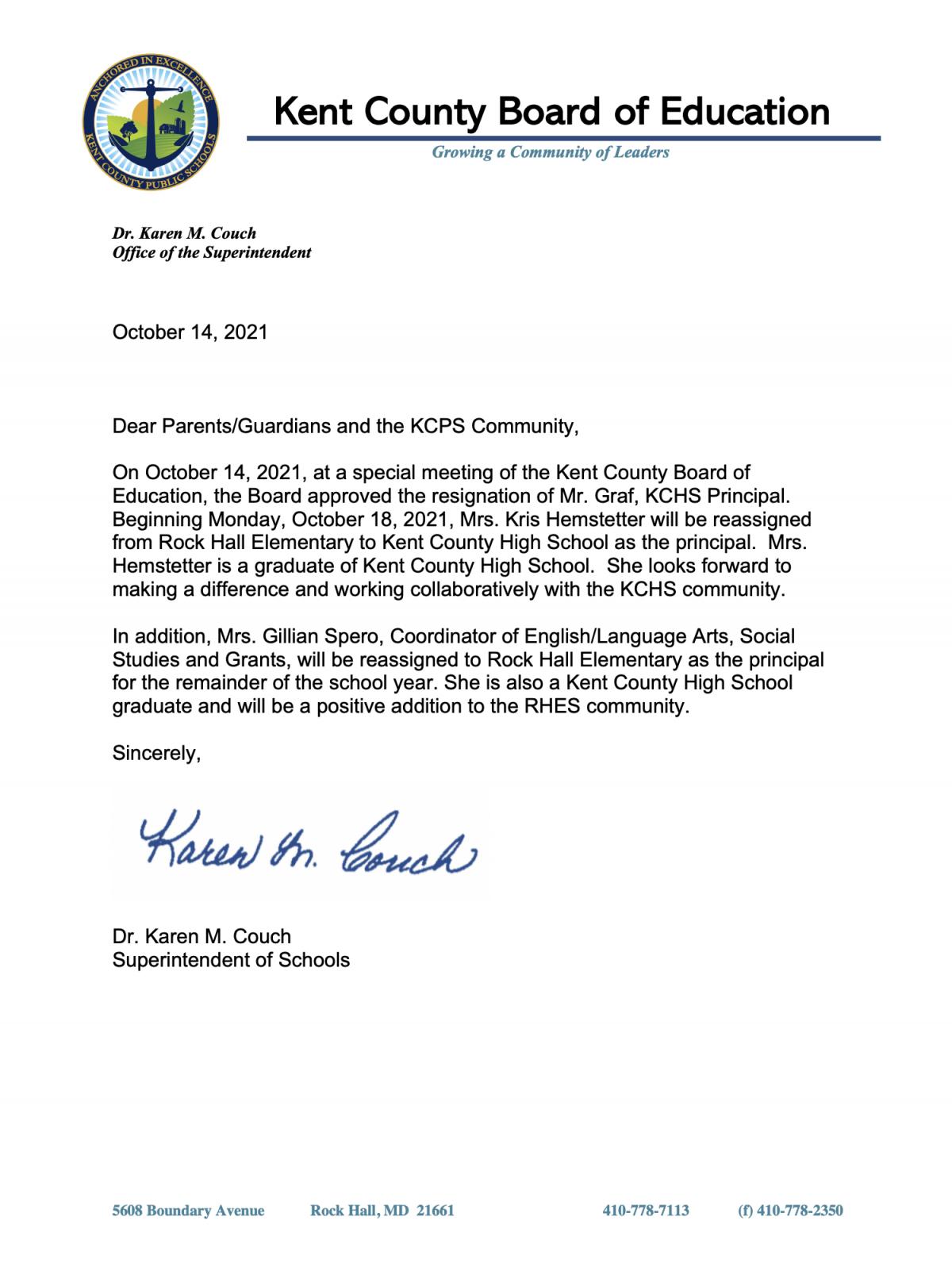The John & Janice Wyatt Foundation, the funder of Dorchester County’s Campaign for Grade-Level Reading, made an aspiring choice in hiring Jymil Thompson to lead this ambitious literary initiative for the next several years.
The product of Penn State, followed by two master’s degrees from Trinity and Howard Universities, Jymil found himself moving to Cambridge after a successful career as an assistant principal at Sierra High School in Colorado Springs, CO. This unique transition was due to his work with the former Mace’s Lane Middle School in Dorchester County Public Schools, located in Cambridge.
But this transition was more than a matter of changing mountain scenery to the vistas of the Chesapeake Bay. Jymil, clearly familiar with poverty and education challenges in poor communities, still found Cambridge shockingly different from previous experiences. As he notes in our Spy/WHCP interview, he came to realize there was a significant difference between urban and rural conditions for young people. And that related to access to learning programs.
While poor neighborhoods in America’s largest cities have unique challenges, what they share in common is the number of choices young students have in the form of after-school programming and learning opportunities. In a place like Cambridge, in contrast, he noticed how few options these kids have after their schools dismiss them every afternoon.
One of those gaps was programs devoted to improving the reading skills of those children.
The sobering fact is that without proficiency in reading by the end of third grade, a time when students shift from learning to read to reading to learn, those children fall behind. Those that fail to reach this critical milestone falter in the later grades and often drop out before earning a high school diploma.
The Grade-Level Reading initiative intends to attack this problem head-on. As Jymil outlines in our conversation, his job is to engage the community, remove barriers, expand opportunities, and assist parents in fulfilling their roles and responsibilities to help their children read.
This video is approximately 9 minutes in length. For more information about the Campaign for Grade Level Reading in Dorchester please go here. To find out more about the national effort please go here.







